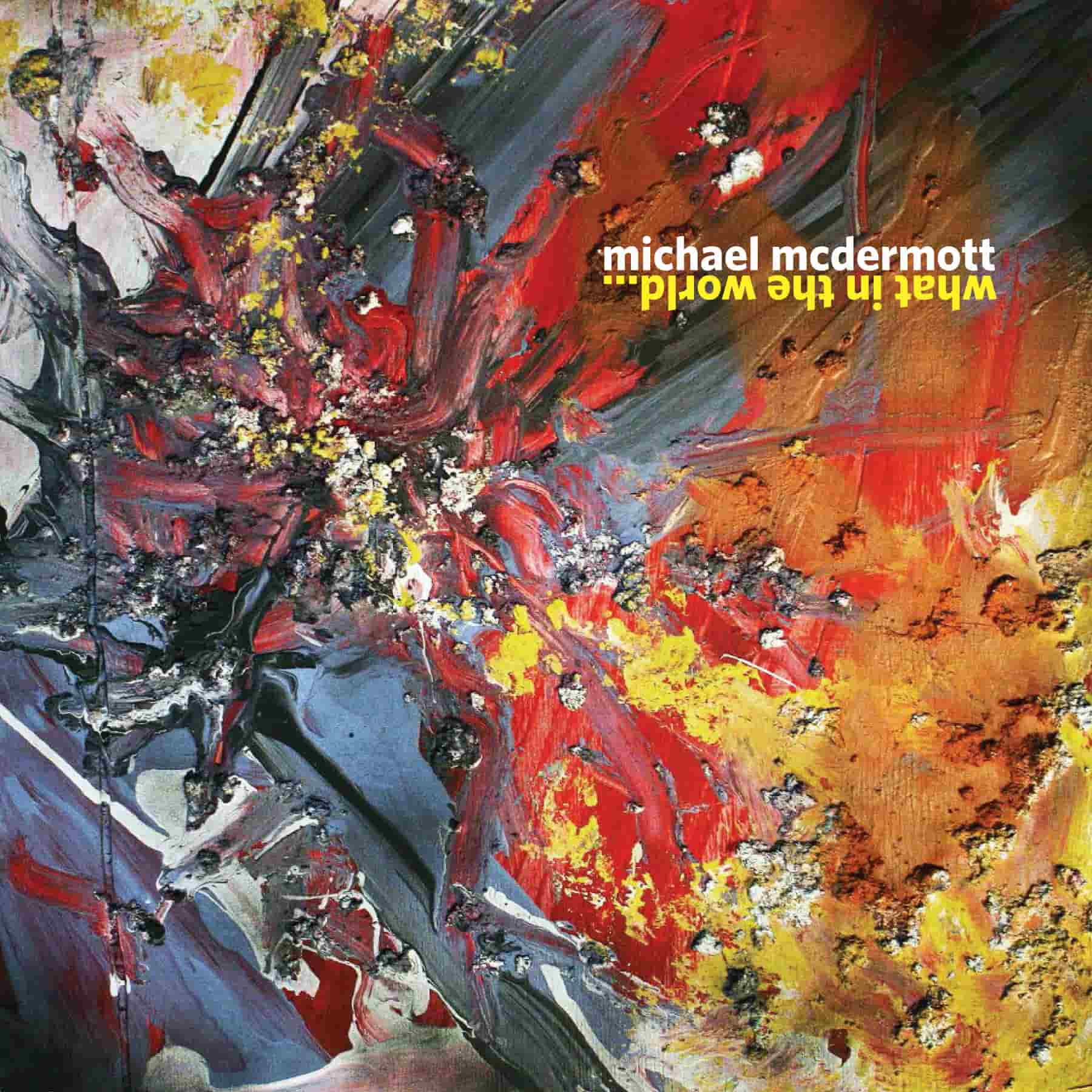“I’m sure you know the story: record deal early, some modicum of success, and then the long slow descent and destruction. Jail, rehab, fortunate enough to be alive, man.”
Michael McDermott
McDermott explodes out of the gate with a title track that’s a modern-day retelling of We Didn’t Start The Fire: “it’s new world order/walls along the border/kids in cages/executive order/welfare for billionaires/people hungry everywhere…I think it’s time we take a good look in the mirror/what in the world is happening here?” It’d surely be something special to see him perform this jet-fuelled tongue twister live. There’s an acoustic demo version as a bonus track.

It’s time for a breather which we get with New York, Texas. That might sound like an oxymoron but it’s a real place that the protagonists come to believe might be the place for them to start over. The song is a filmic journey through escape and settling down, powered by love.
Blue Eyed Barmaid explores the stories we don’t always hear, from those who are paid to serve and listen: “she told me about her brother who was lucky to be alive/you see, he was a soldier/he did two tours in the war/and now he’s got PTSD/he’s drunk and sleeping on her floor.” Have to say, it’s the first time that we’ve heard Nietzsche rhymed with Del Amitri but there’s little time to process this between learning more and the narrator musing about her life.
With a track like The Things You Want, McDermott isn’t breaking any new ground – you can tell the influences of Dylan and, especially, Springsteen who are namechecked in the song. Despite the direct quotations it’s easy to listen to and somehow doesn’t seem squirmingly derivative like on some other albums we’ve heard recently. Here, he’s saddened to learn things about his parents and himself.
The Veils of Veronica is a tender ballad swirling religion, mental health, family and oblivion. It’s troubled and troubling despite sounding sweet: “she fought her secret war…She said ‘deliver me out of here, my lord.'”
Die With Me is another track that sounds serene but is layered with pain. There’s child abuse, alcohol-fueled violence and racism contrasted with the peacefulness of a little girl at rest. A lifetime of hurt set in far too young.

The E Street style horns of Contender shake us out of that sadness. The narrator is wracked with regret but still hopeful when motivated by the heroes of his childhood: “I still believe there will be a way/I’ll come back to save the day/to be your hero”
Mother Emmanuel is upbeat and descriptive with no indication of what’s to come. The tone switches to biting rock for the chorus just to clue is in to the impending terror of “9PM, he stood up and said he wanted to start a civil war/He said “I’ll give you something to pray about”/then the shots rang out.” The minutiae of his life switches to the point of view of those whose lives he takes or changes forever.
No Matter What gives us another insight into a former life, sounding sanguine but all mussed up “I was burned out and busted from my rambling/bitching about all the things I could have been/I was still drinkin’ then.” In the lyric book, this song is set against a photo of a whitewashed church. Despite the darkness in the lyrics, there’s hope for self and others: “Don’t give up no matter what/you’re worth it.”
Until I Found You locks it in: “I had the heart of a runaway/I never knew what love was/until I found you.” It’s a tender piece.
Despite the religious symbolism throughout the lyrics and lyric book, McDermott’s most vocally and emotionally exposed piece is reserved for uncertainty about organized religion: “Shakespearean monologues/The pulpit’s filled with demagogues…I’m not sure there’s a heaven, boys.” Significant American places permeate the scene. The end comes with a symbolic rounding out to the idea of love, roaming and symbolism: “if you love me for eternity/Let’s drive on out to Wounded Knee”
What In The World explores lows and highs, depth, salvation and ways of offering the same hope to others.
